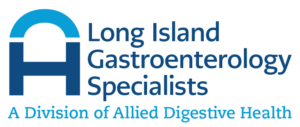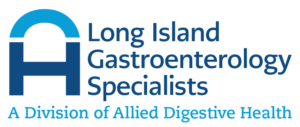Important Notice: Participating Carriers
We are pleased to inform you that our services are covered by a variety of participating insurance carriers. Please review the list of participating carriers to ensure your plan is included.
- 1199
- Aetna
- Cigna
- Cigna Medicare Advantage
- Emblem, GHI, HIP
- Blue Cross Blue Shield Empire
- NYSHIP/UHC Empire Plan
- Humana
- Humana Military/Tricare
- Independent Practice Association of New York (IPA NY)
- Magnacare
- Medicare New York
- Multiplan
- Oxford
- United Healthcare
- WellCare
- World Trade Center


